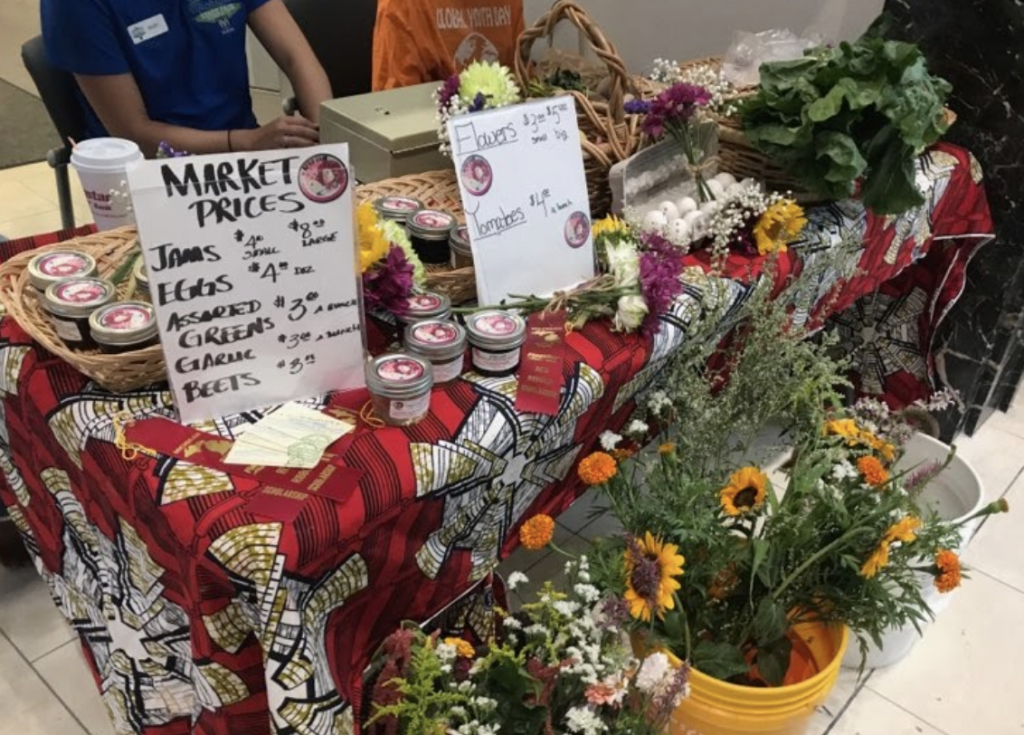Challenge #4 with Oakland Avenue Urban Farm: COVID-19 Nonprofit Support
While the issue of food security is being amplified in the light of COVID-19, the recent shifts in society are providing the much needed opportunity for us to reimagine systems of food access in our communities. The work we did in partnership with the Oakland Avenue Urban Farm emphasized the following steps that many of us can take to “cultivate healthy foods, sustainable economies, and active cultural environments”, per their mission statement:
- Support Local. In recent weeks, there’s been a huge push (and incentives) to support local businesses and restaurants, and that spirit should extend to local farms and growers. With the massive shifts across the food industry, local farms and growers may be best positioned to provide you with fresh and affordable produce, and their proximity and open air environments help ensure safety that is often compromised in many big-box grocery stores. Additionally, a nation-wide meat shortage is gradually encouraging more American consumers to embrace more plant-based diets. The variety, affordability, and educational resources of local growers can empower communities to accommodate these changes to the traditional food supply with a smooth, healthy, and informed transition.
- Volunteer Intellectually. Many of us assume that “volunteering” involves working events, packing boxes, and reporting to warehouses, but now more than ever, we have the opportunity to offer skill-based support to the non-profit community. There are so many brilliant non-profits, like Oakland Avenue Urban Farm, that are in need of capacity building to address the new demands they’re facing. Connect with some of your favorite non-profits to see if you can offer support with their office organization, inventory management, graphic design, marketing, etc.
- Address the Digital Divide. While we are “all in this together” in many ways, the inequality of internet access and digital literacy can make the impact of shifts to a largely virtual world far more difficult. Now more than ever, it is important that we find ways to continue supporting and engaging community members on the other side of this “digital divide”. Solutions are often as simple phone services and paper mailers to compliment webpages and digital forms. As one of our community stakeholders said, “everyone is only a phone call away”. We also found it was important to integrate and consult churches and community institutions in our roll-out strategies, as they traditionally serve as access points and information hubs for community members who may still be dependent on offline alternatives.
To address these findings from our conversations with the Oakland Avenue Urban Farm staff and members from the community it serves, we developed a virtual grocery marketplace for Farm produce (including a series of digital order forms and a marketing plan), a remote and skill-based volunteer program, and a comprehensive community engagement strategy to meet the evolving needs of their market and service territory. We hope that these deliverables continue to support the mission of the Farm, and serve as an example for local growers and non-profits across the area.
***

